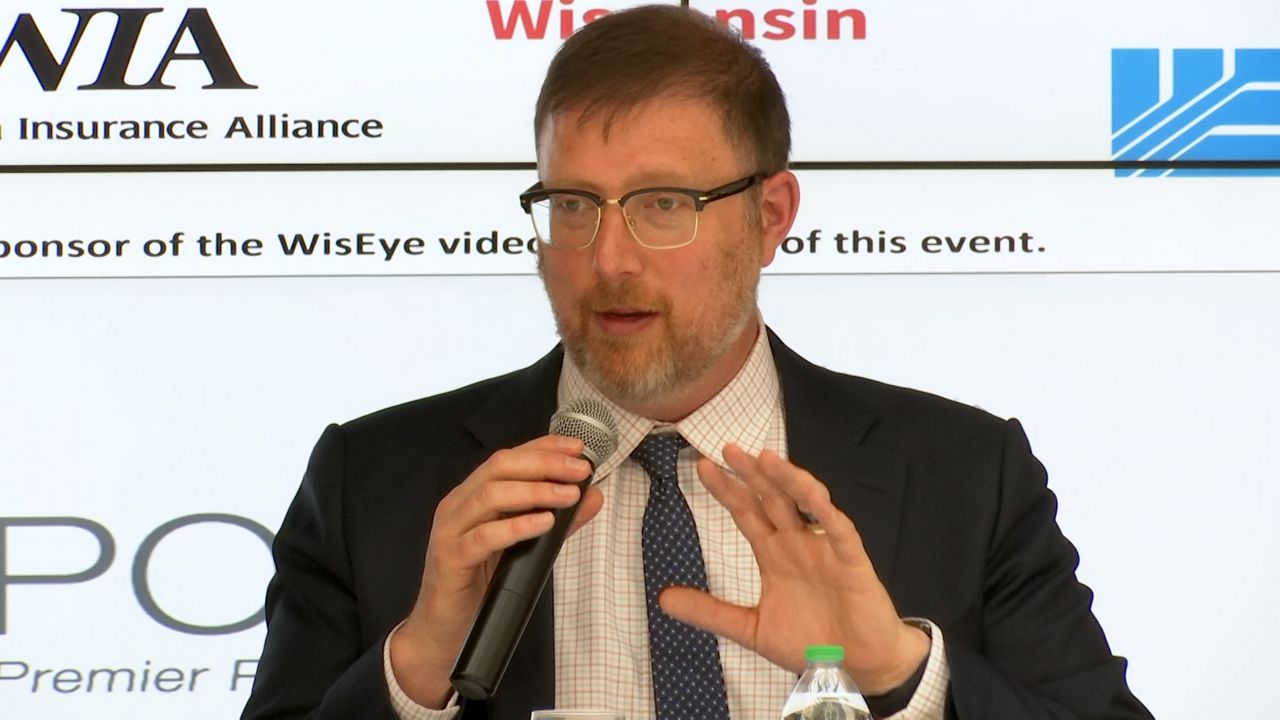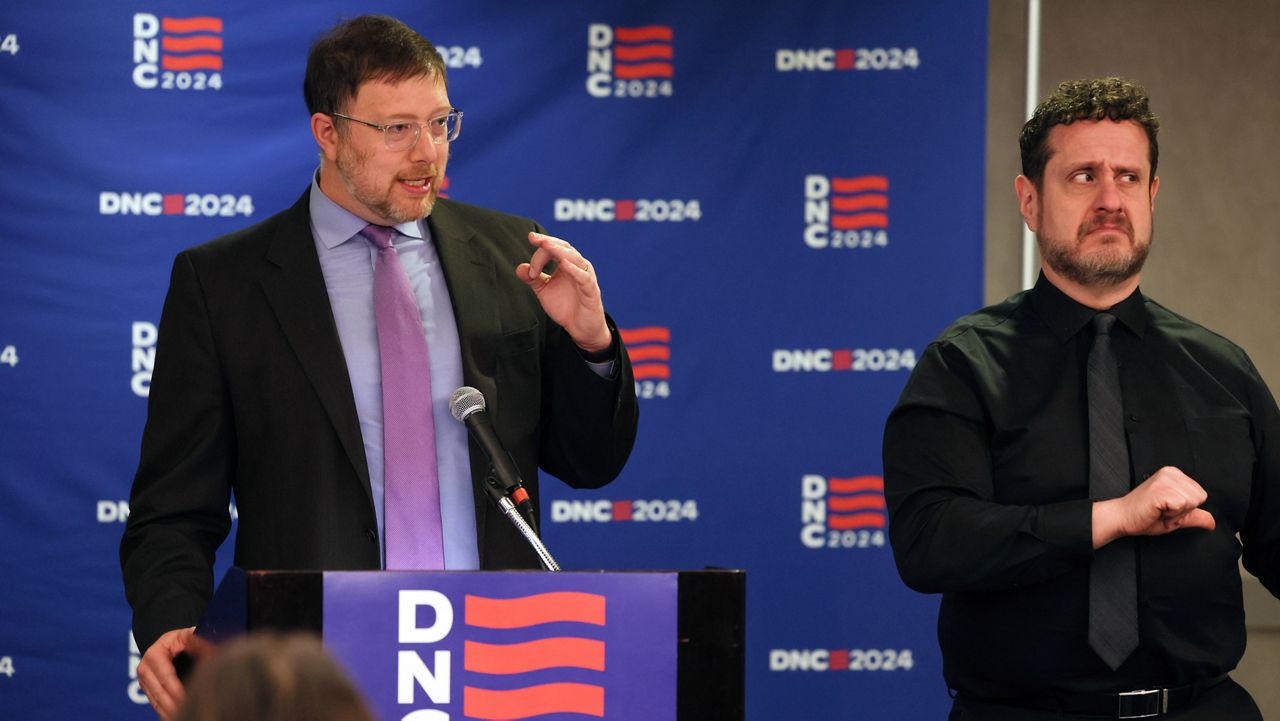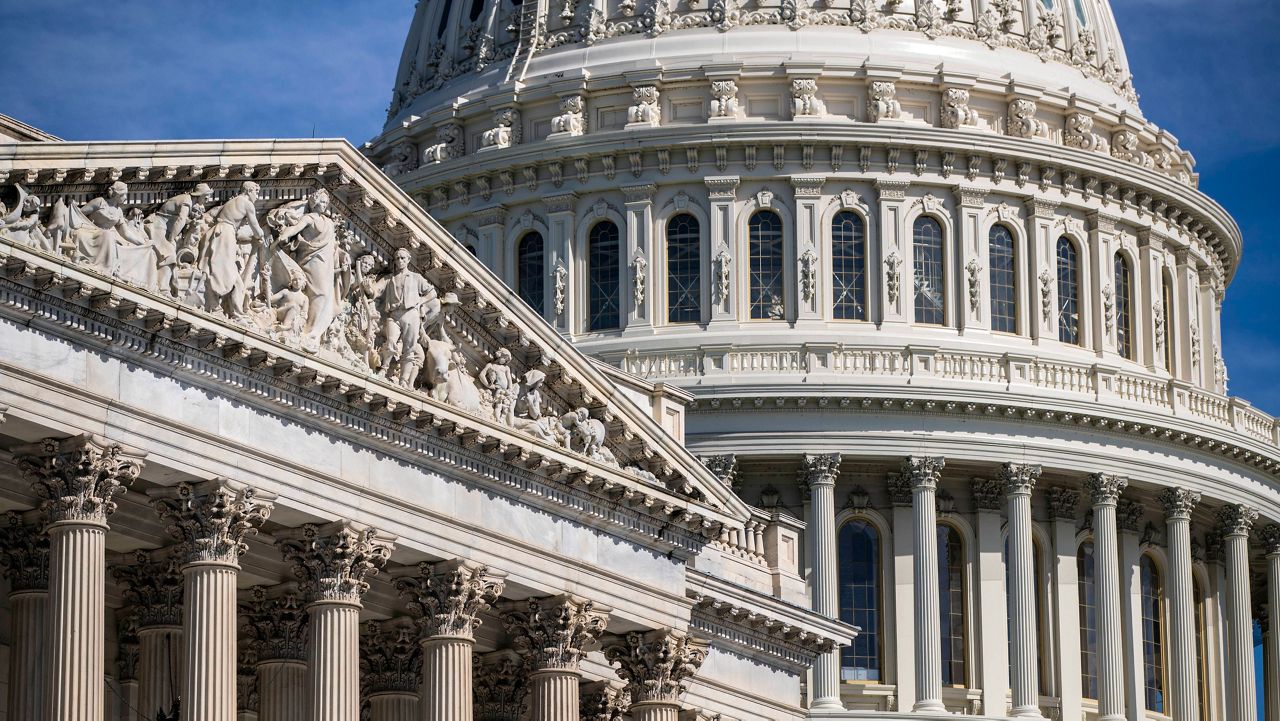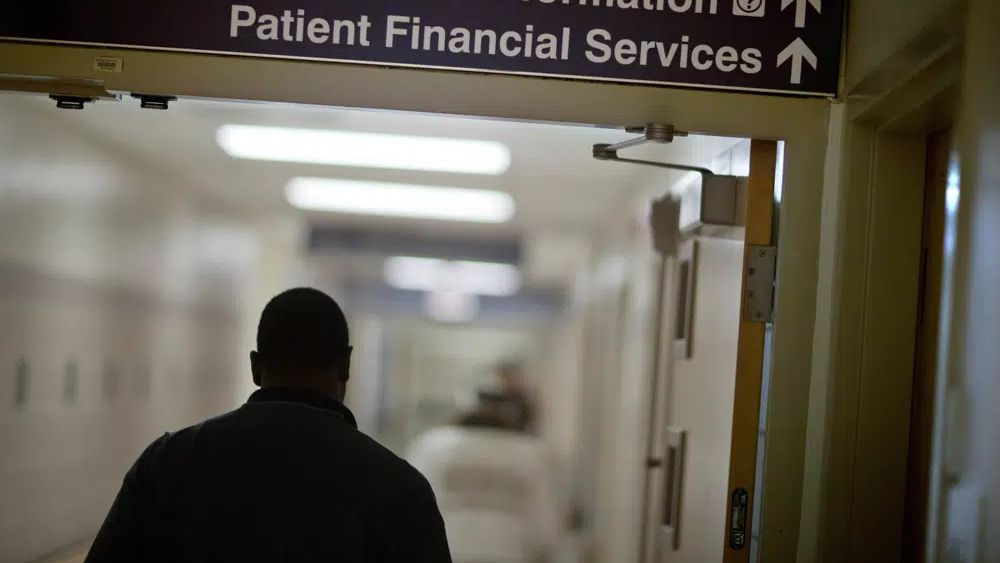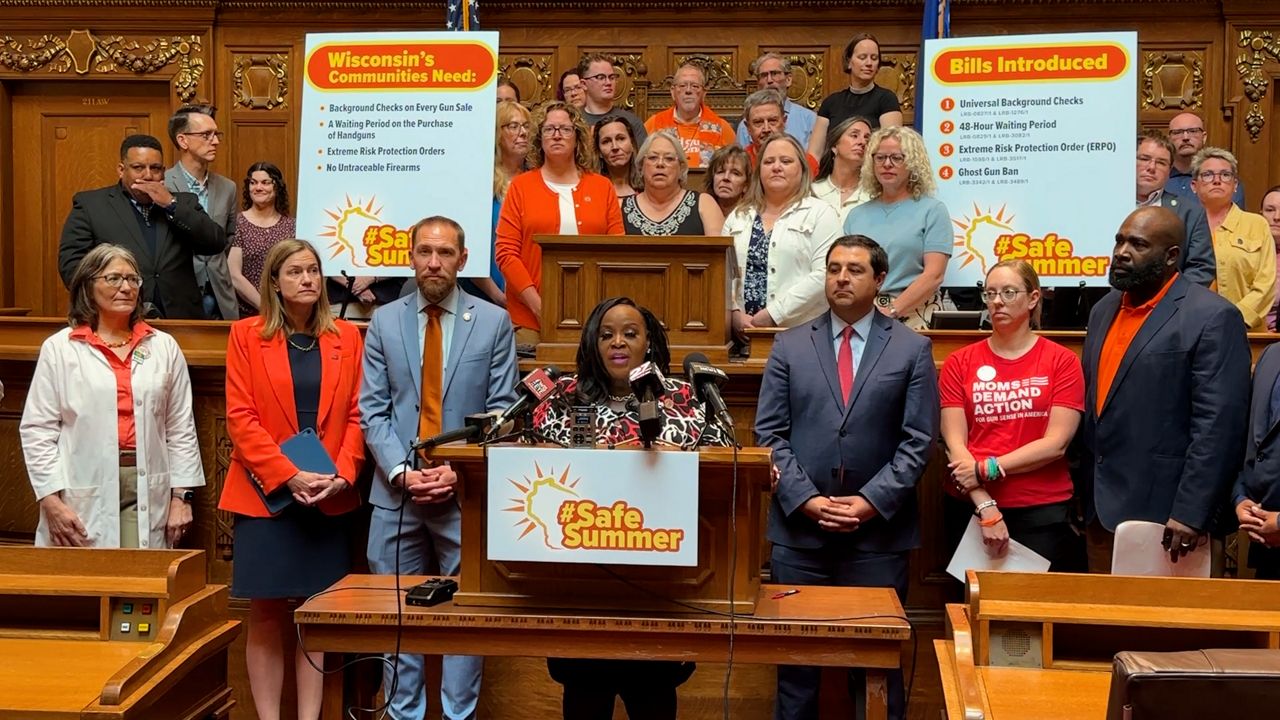MADISON, Wis. — From roads to bridges, you don’t have to travel far in Wisconsin this time of year to see work underway.
Those projects, however, come at a price, which is why lawmakers are thinking about the future of transportation spending as they do work of their own on the next state budget.
Wisconsin’s projected surplus of nearly $4 billion means lawmakers likely won’t have to worry about the state’s transportation fund for the next two years. Policy experts and stakeholders, however, worry that relying on general purpose revenue, which the state generates through income and sales taxes, isn’t sustainable.
“Relying on the surplus is essentially playing chicken with the economy,” Steve Baas, who serves as executive director of the Wisconsin Transportation Builders Association (WTBA), said.
Baas uses a simple analogy to sum up state spending.
“We’re constantly playing Sophie’s Choice, whipsawing back and forth, between the needs of our local communities and between the needs of our statewide economy,” he added.
The good news, according to Baas, is there is enough money to fund a local road network or a system of backbone highways. The bad news is that there isn’t enough cash to cover both.
“It forces communities, and it forces WisDOT, into a situation of having to try and avoid being the last hostage shot,” Baas explained. “Is my program going to get cut or can I survive this one and maybe be on the chopping block the next time?'
Baas believes there needs to be a system that is two things: sufficient and sustainable.
“That can be done through user fees like gas taxes or registration fees or other sort of user-based fees,” Baas said. “It can also be through [general purpose revenue] transfers, but whatever they are done by has to be done in a way that’s ongoing, sufficient and that can be planned for.”
As lawmakers hammer out the next two-year state budget though, they are more likely to rely on general fund revenue instead of increasing the gas tax, which has stayed the same since 2006.
While that solution hasn’t been overly problematic in recent years, it is getting harder to sustain, according to a report from the Wisconsin Policy Forum released late last year.
“Construction costs in Wisconsin for roads are greater than the kinds of increases we are seeing in consumer prices,” Jason Stein, president of the nonpartisan research group, said.
The report shows that post-pandemic state construction costs have risen by almost 26% and concluded that current funding models for Wisconsin’s transportation needs might not be sustainable in the future.
Stein said the best options are often the ones that don’t cost much to put in place, such as increasing fees, which the state has subsidized in recent years.
“Those revenues, adjusted for inflation, are at their lowest levels since 1998. Now, it doesn’t feel that way, it doesn’t seem that way, because the state has been making up the gap in recent budget cycles with these income and sales tax dollars,” Stein explained.
For Baas, though time isn't necessarily ticking on finding a long-term solution given the state’s projected surplus, he feels lawmakers shouldn’t let the problem linger for too long.
“Everything begins and ends with our transportation infrastructure,” Baas said. “Every time that we are going from budget to budget just patching holes, it kicks the can down the road, and it becomes more and more difficult to create a system that is, again, sufficient and sustainable for the long run.”
As far as other revenue streams, tolling seems to be off the table, at least for the time being. Both Baas and Stein feel the option is unlikely due to expensive up-front costs and the impact generated revenue could have on future federal funding.


